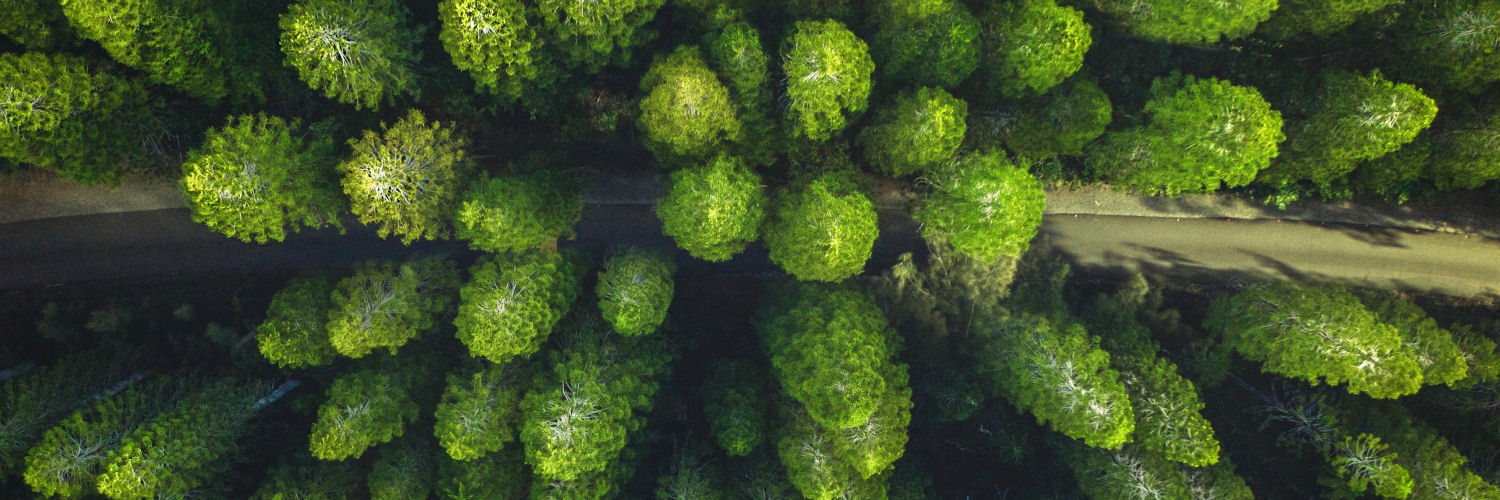 Wendy Litherland, Director of Sustainability at St Christopher's CE High School and Sixth Form
Wendy Litherland, Director of Sustainability at St Christopher's CE High School and Sixth Form
All change. “Switch off that computer and go to meet your friends. Have you nothing better to do, than to look at that screen?”
Oh, what a difference 6 months have made. Parents pleading for children to log on and stare blankly at a screen. Headaches, tantrums and inadequate technology, led children clambering for the outdoors. Whilst I will fervently uphold the virtues of teacher child interaction, I am not afraid to admit I enjoyed the change of pace. It was great; for a while.
Sending work into the cloud became mundane, typing feedback rather than sharing the joy of learning became laborious. As a science teacher, the immediate reward of a child successfully completing an investigation and understanding evidence gained, had me experiencing an addicts cold turkey. The drug of children’s delight; gone. I was a heavy user, delighting in the outdoors; a well-established Eco group meeting thrice weekly, positions of responsibility hotly contested in a diverse group. Numerous scientists, medics, auctioneers, teachers, farmers and engineers have passed through the sliding polytunnel doors or enjoyed the great outdoors together. They would have certainly considered a GCSE in Natural History.

During the period of forced uncertainty, what have young people turned to for reassurance? Well, I think you’d be surprised. The outdoors and their own doorstep have never been so frequented, initially through a forced detention, but now one in which they have looked beyond the confines.
Over the years I’ve set homework's to sit outside for half an hour and write down observations. You can imagine the responses, from the detailed explanation of insects, birds, flora and fauna to the hilarious explanation of the neighbour's marital rows. Many were superficial quick observations of a familiar space, amounting to a whole 5 minutes of effort; on the school bus.
Compare that to the return post lockdown. I’ve lost count of the discussions about anything living beyond the schools gates, from interests in fungi, bird song and the inevitable animal faeces. Whilst some children went rambling with parents, others explored with friends or alone. New connections have been made. In a world of constant, unpredictable change, children have found solace in the predictably of nature. Whilst future plans maybe uncertain, the knowledge of the dawn chorus, the seasons and the hope of new life in spring have been a buoy for the children to hold. Appreciating and understanding the stability of nature have allowed for connections to be made. Children need roots and whilst they can’t put theirs down in the ways they had planned, they can stabilise their life through the outdoors.
Whilst I may not be a total polemist on the need for change of the present-day education, the Natural History GCSE is long overdue. Children have been more in tune with their own environments over the past twenty years, in part due to the success of Eco-Schools, but also due to the teaching lone wolves. Those who have pushed for the beauty of the outdoors and environmental implications to be maintained in schools, whilst the curriculum has ping-ponged it from subject to subject in anecdotal mentions.
Whilst I’ve been fortunate to work in a school where it is whole heartedly embraced in every subject from science to RE; running club visiting the local butterfly gardens and Eco Group helping the homeless the passion remains a side-line until university. A GCSE would bring a plethora of options, the start-up for horticultural and agricultural courses to the beginnings of the next generations of environmental scientists. Whilst artificial intelligence, may even replace the teacher, it won’t and cannot replace our connection with the outdoors.
We can't change the direction of the wind, but we can adjust our sails to always reach our destination. Children adjust quicker than adults, another option in the now confined curriculum can only be a bonus.
Keep up to date with our proposed GCSE in Natural History and other Cambridge OCR Natural History news by signing up our email newsletter and updates. You can read back issues of our Natural History newsletter here.

